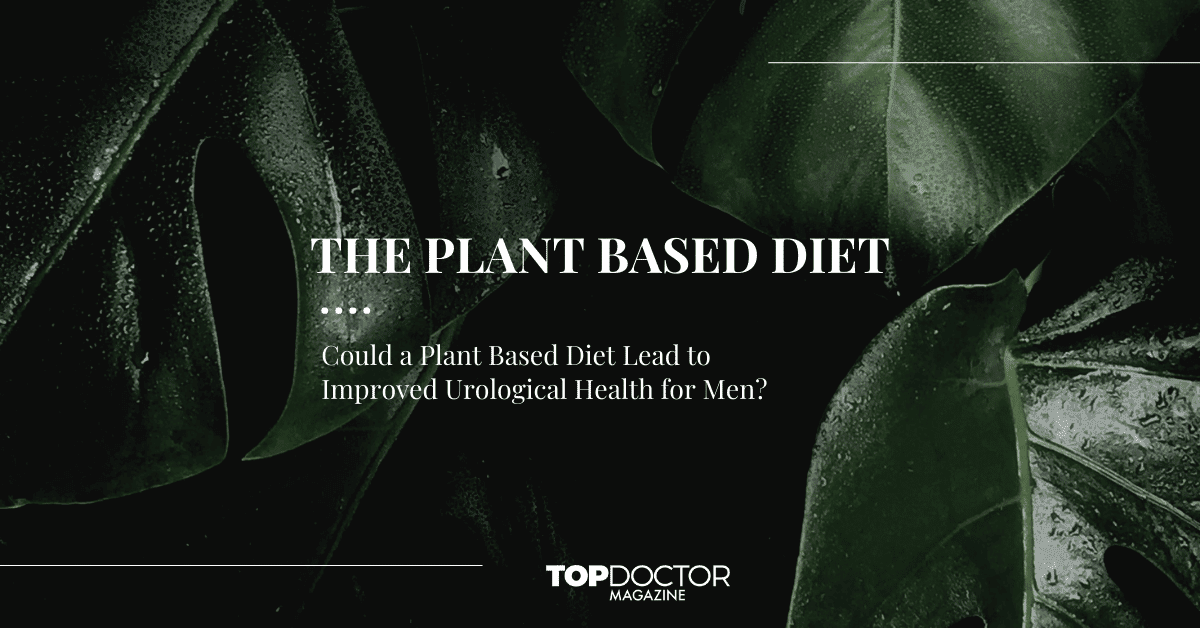Human beings are inherently social creatures, wired to seek connections and relationships with others. While the benefits of healthy relationships on our mental and emotional well-being are widely acknowledged, their profound impact on our physical health is equally significant. Research consistently demonstrates the intricate link between relationships and overall health, highlighting the ways in which the quality of our connections can significantly influence our well-being.
Positive Relationships and Physical Health
Strong, positive relationships contribute to better physical health outcomes. Studies have shown that individuals in satisfying, supportive relationships tend to experience lower levels of stress, reduced risk of mental health issues like depression and anxiety, and an overall sense of well-being.1 The benefits extend to our physical health in various ways.
Lower Risk of Chronic Illness
Experts have associated a supportive social network with a decreased risk of developing chronic diseases such as heart disease, high blood pressure, diabetes, and even certain cancers. Strong social connections can bolster the immune system, making individuals more resilient against illnesses.
Longer Lifespan
Research indicates that people with robust social ties tend to live longer. Strong relationships and social support networks contribute to increased longevity, possibly due to the positive influence of emotional support, encouragement, and companionship on health-related behaviors and stress reduction.
Improved Cardiovascular Health
Research has linked positive social connections to better cardiovascular health. Several studies suggest that individuals in satisfying relationships may have lower blood pressure, reduced risk of heart disease, and faster recovery rates from heart-related issues.
Enhanced Mental Health
Healthy relationships play a pivotal role in mental health. They offer emotional support, reduce feelings of loneliness and isolation, and provide a sense of belonging, all of which contribute to better mental well-being.

Negative Relationships and Health Consequences
Conversely, strained or negative relationships can have detrimental effects on both mental and physical health. Toxic relationships, whether with friends, family, or romantic partners, can lead to increased stress levels, depression, anxiety, and compromised physical health. Chronic stress resulting from unhealthy relationships can weaken the immune system, elevate blood pressure, and contribute to the onset or exacerbation of various health conditions.
There are a few strategies for cultivating healthy relationships. Given the significant impact of relationships on our health, nurturing positive connections is vital. There are some strategies to foster healthier relationships and, consequently, better overall health.
- Communication: Open, honest communication forms the foundation of healthy relationships. Expressing feelings, needs, and concerns while actively listening to others fosters understanding and strengthens bonds.
- Mutual Support: Offering and receiving support within relationships creates a sense of trust and reciprocity. Being there for each other during challenging times strengthens the connection and promotes well-being.
- Setting Boundaries: Establishing and respecting boundaries is crucial for maintaining healthy relationships. Setting clear expectations and limits ensures mutual respect and prevents conflicts.
- Quality Time: Investing time and effort in nurturing relationships is essential. Spending quality time together, whether through shared activities or meaningful conversations, strengthens the bond and fosters closeness.
- Seek Help When Needed: Recognizing when a relationship is causing distress or toxicity is essential. Seeking professional help or guidance from a therapist or counselor can provide valuable insights and strategies to improve relationships.
Our relationships significantly impact our health and well-being. Cultivating positive connections and nurturing healthy relationships not only enrich our lives emotionally but also contribute to better physical health outcomes. By fostering supportive, meaningful relationships and addressing toxic ones, we pave the way for a healthier, more fulfilling life. Recognizing the influence of relationships on health empowers us to prioritize and invest in meaningful connections, ultimately leading to a happier and healthier existence.






0 Comments